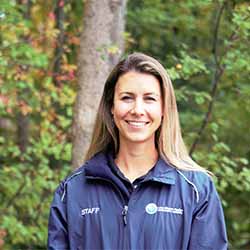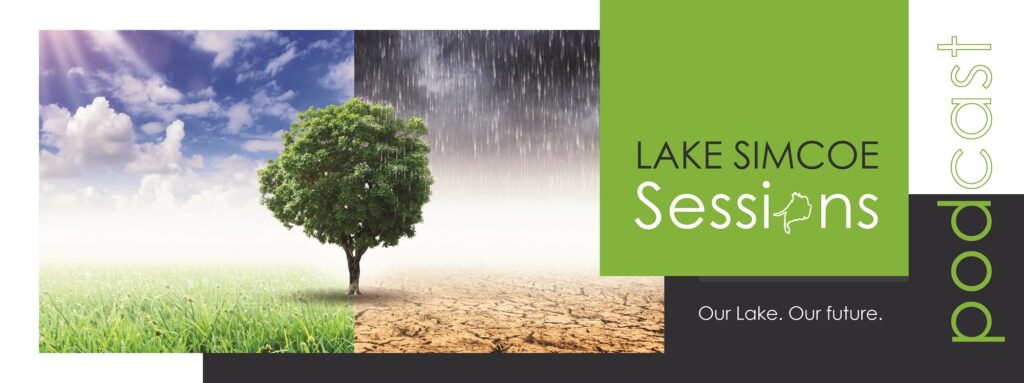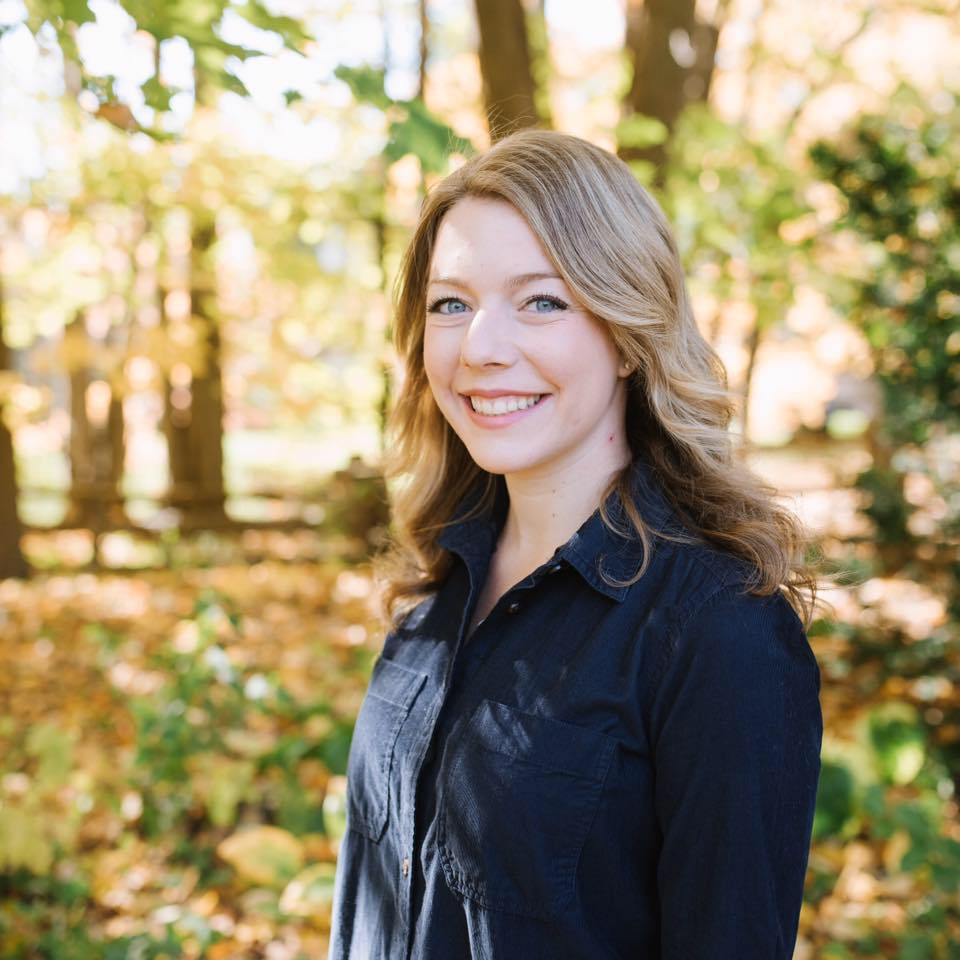Lake Simcoe Sessions Podcast
What are the long-term benefits of restoring and transforming spaces into more naturalized areas? What role do grasslands and wetlands play in climate change? What is carbon sequestration? Special guest Lori McLean joins host Katie Biddie as they discuss how restoration projects positively impact climate change. From deep root systems in meadow plants, to carbon sequestration, learn about the benefits of native species and restoring the natural environment as a proven solution in mitigating climate change.
Special Guest Bio


Lori McLean received her B.Sc. (Hon) from the University of Guelph, majoring in Wildlife Biology and is a Restoration Project Specialist with the Lake Simcoe Region Conservation Authority. She has been with the Conservation Authority for over 15 years working in science and monitoring, communications and now leads the delivery of restoration programming within the Lake Simcoe watershed.
Lori is currently working on many restoration projects in the Lake Simcoe watershed including one of her favourites, the Meadow Restoration project at Rogers Reservoir Conservation Area.
Key takeaways from this episode:
- Habitat restoration benefits us in many ways; natural habitats sequester more carbon and mitigate climate change, they promote biodiversity, and they make our public greenspaces more beautiful and enjoyable for recreation.
- Small actions can build up; by creating a small habitat on your property, you can join a network of small habitats that make a big difference for wildlife.
What can you do?
- Reflect upon what gives you hope for the future of our planet and watershed. If you need inspiration, visit the meadow restoration in progress at Rogers Reservoir Conservation Area.
- Organize a Community Project, like creating a pollinator garden, or removing invasive species.
- Plant your own mini-meadow. Even a small space on your urban or suburban lawn can be sectioned off and turned into a mini-meadow, where you can help rebuild nature. A small native plant garden is as easy to maintain as a lawn, is far more beautiful to look at (increasing your property’s curb appeal) and will do so much more for our local environment because it has a lower carbon footprint than a lawn. Lawns require mowing, watering and fertilizing whereas native plant gardens, once established, require very little effort. Want to try creating your own Meadow? Check out our Less Lawn webpage for access to resources and support including tips for buying native plants.
- Help grow the wetlands in our watershed.
Meet Our Host
Host Katie Biddie has spent nearly a decade working in environmental education, nature interpretation and community engagement, and is a proud Lake Simcoe watershed resident.
As a child she aspired to be the next “Dr. Jane Goodall”, investigating wildlife all around the world. Katie has visited 24 different countries, is a graduate from the University of Guelph (HBSc.) with a major in Zoology, a graduate of Lakehead University (BEd.) specializing in Outdoor and Environmental Education, and is currently a York University Masters candidate in Community Engagement and Leadership.

 Thanks to RBC Foundation
Thanks to RBC Foundation
This podcast is brought to you by the RBC Foundation under Tech for Nature. We are grateful for the support as we educate and inspire Lake Simcoe watershed residents.
![]() Related Information
Related Information
Learn more about climate change in the Lake Simcoe watershed
View local climate change trends and projections
Are you an educator? Download our free grade 7 and 8 climate change presentation



